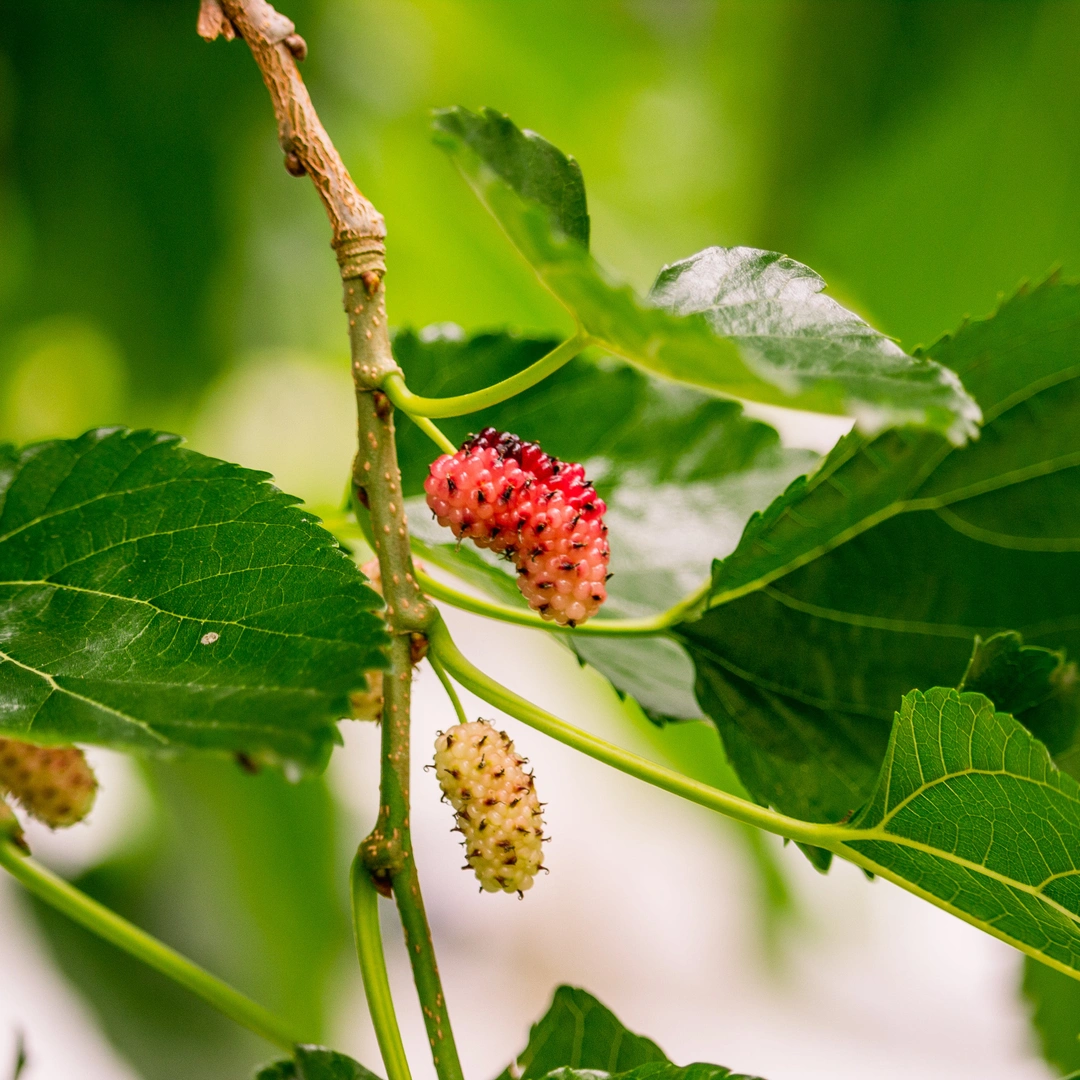Summarised Study: Mulberry-extract improves glucose tolerance and decreases insulin concentrations in normoglycaemic adults.
This is a summary of "Mulberry-extract improves glucose tolerance and decreases insulin concentrations in normoglycaemic adults: Results of a randomised double-blind placebo-controlled study" by Mark Lown, Richard Fuller, Helen Lightowler, Ann Fraser, Andrew Gallagher, Beth Stuart, Christopher Byrne, George Lewith. First published online on February 22, 2017.
 Image credit:
Claudio Mota
Image credit:
Claudio Mota
Study Methodology
The researchers used a randomised double-blind placebo-controlled study, which is a study involving humans in which neither side knows who's getting what treatment and a placebo (an inactive medicine) is given to a control group. The study aimed to investigate the effects of mulberry extract (ME) on glucose tolerance and insulin concentrations in healthy adults, when given 50g maltodextrin. Maltodextrin is a carbohydrate with a high glycemic index (GI) value, which means it can cause a spike in your blood sugar.
Study Findings
The study demonstrated that Mulberry leaf extract (reducose) substantially reduced the increase in plasma glucose after maltodextrin ingestion over 120 minutes. Total insulin rises were also significantly suppressed over the same period.
TL;DR
-
37 adults aged 19 -59 with a 20kg/m2 BMI participated.
-
High sugar and refined carbohydrate intake is associated with weight gain, diabetes, and cardiovascular mortality.
-
Reducose, a mulberry leaf extract (ME), may reduce blood glucose responses after consuming carbohydrates by reducing the absorption of glucose from the gut.
-
Mulberry leaf extracts have shown potential in reducing glucose after meals and insulin levels, decreasing body weight and hepatic lipid accumulation (fatty liver), and enhancing insulin sensitivity, suggesting a potential benefit for weight management.
-
Mulberry leaf extracts have a long history of safe and side-effect-free use, and there were no significant differences in gastrointestinal symptoms between the treatment groups.
-
The study suggests that ME may be a potential target for preventing type 2 diabetes and regulating blood sugars, but more research is needed.
-
Additionally, ME may affect gut microbiota and incretin hormone secretion (gut peptides), further influencing glucose metabolism.
Additional notes on the study
-
This study focused on short-term effects and single doses of ME.
-
Caution should be exercised when interpreting the findings, especially in individuals with low or high blood sugars.
-
Further studies are necessary to evaluate the potential of ME in preventing type 2 diabetes, regulating dysglycemia and determining if there are sustained effects or other potential side effects.
-
Factors such as different types of carbohydrates mixed with fats and proteins and ethnic variations should also be considered in future studies.
Read the full study here.
Disclaimer
This content has been partially generated by artificial intelligence and should be used for informational purposes only. This content should not be considered medical advice; always consult your doctor before adding new medications or supplements to your routine.
Share this article
Summarised Study: Mulberry leaf extract reduces the glycemic indexes of four common dietary carbohydrates.
This is a summarised study of "Mulberry leaf extract reduces the glycemic indexes of four common dietary carbohydrates" by Ruihua Wang, Yanfen Li, Wei Mu, Ziqiang Li, Jinxia Sun, Bo, Mi, Baohe Wang,, Zhong Zhong, Xiuzhen Luo, Chen Xie , Yuhong Huang. Published by Wolters Kluwer Health, Inc on 29 July 2018.




